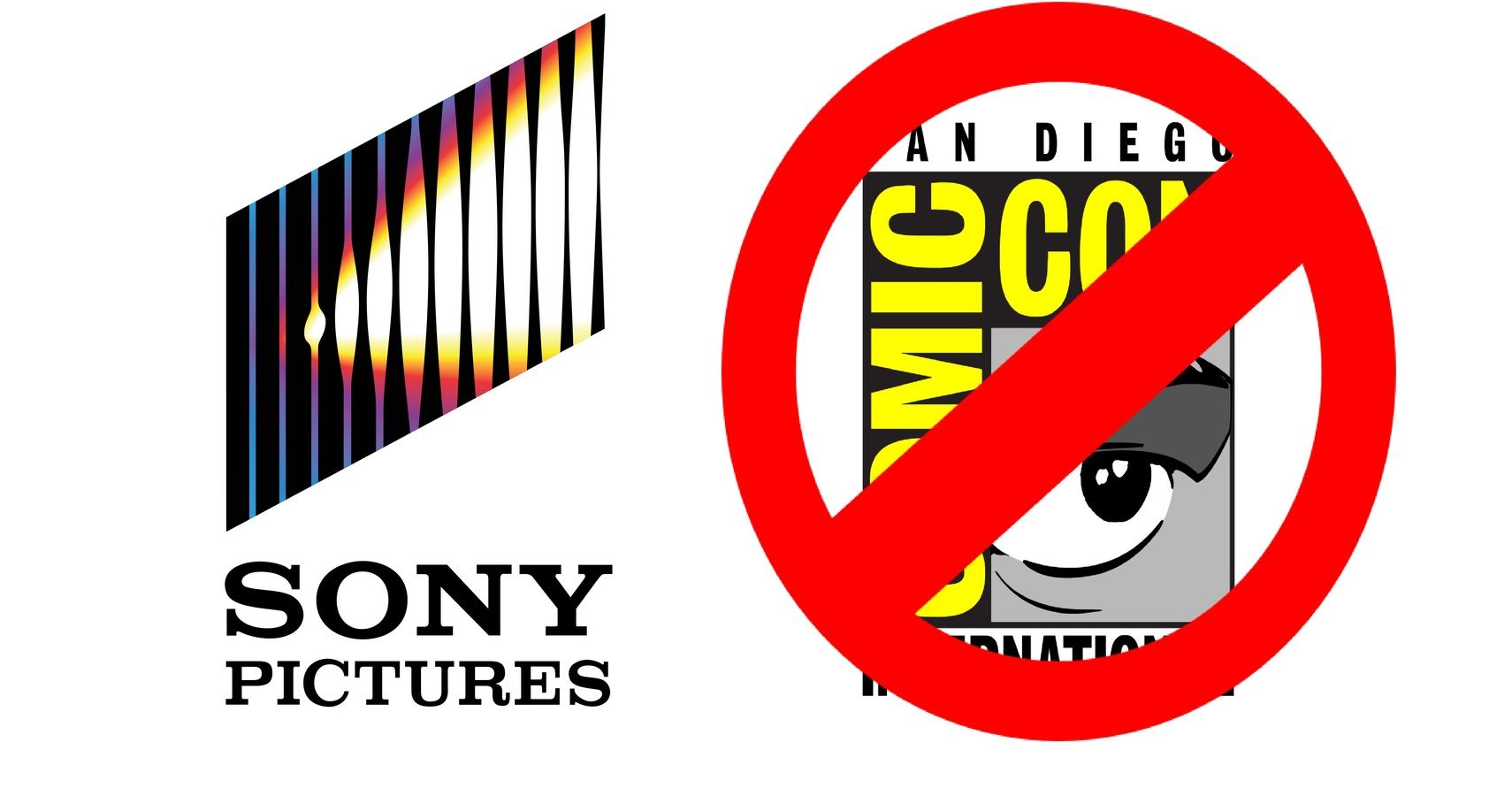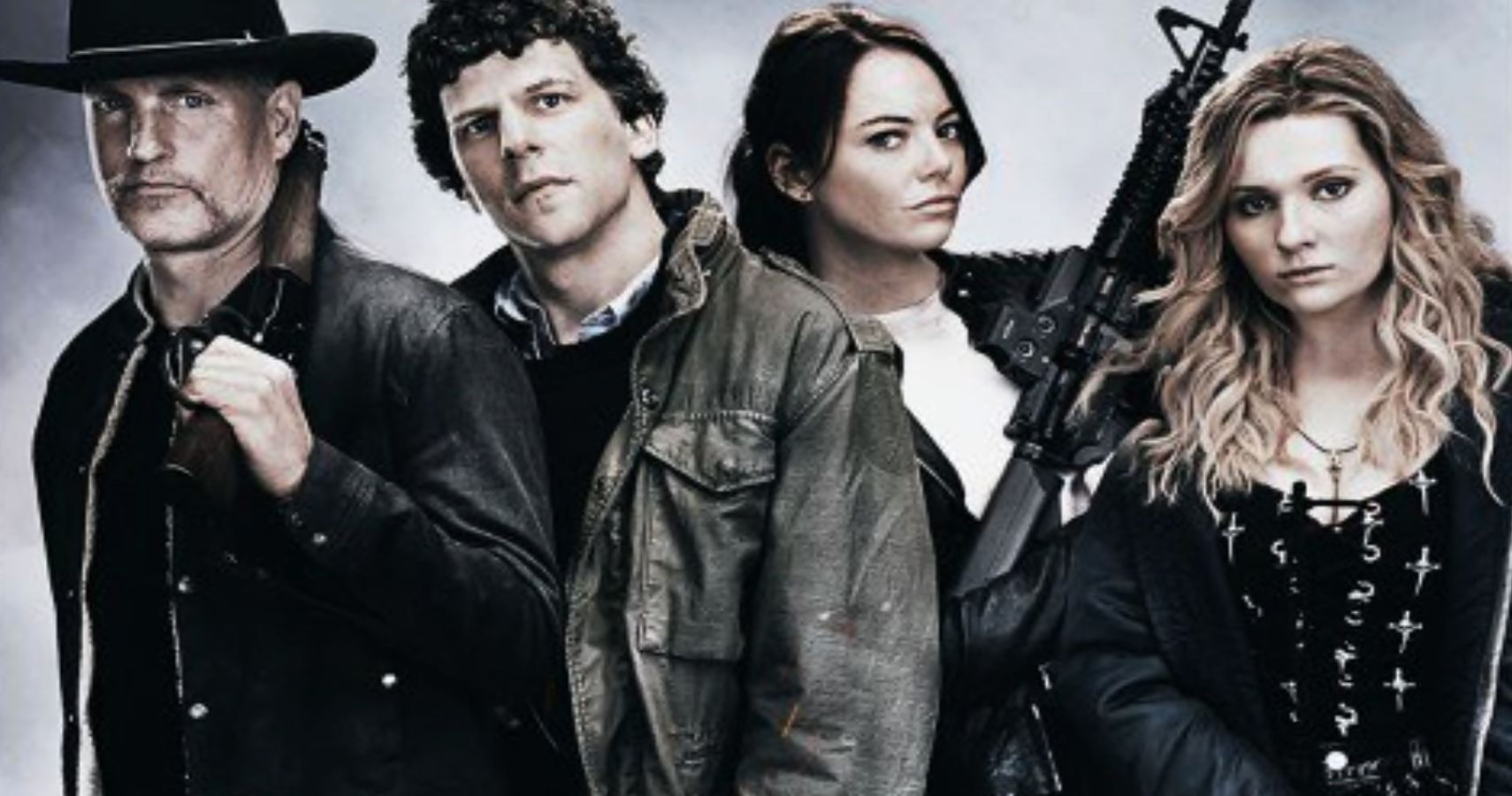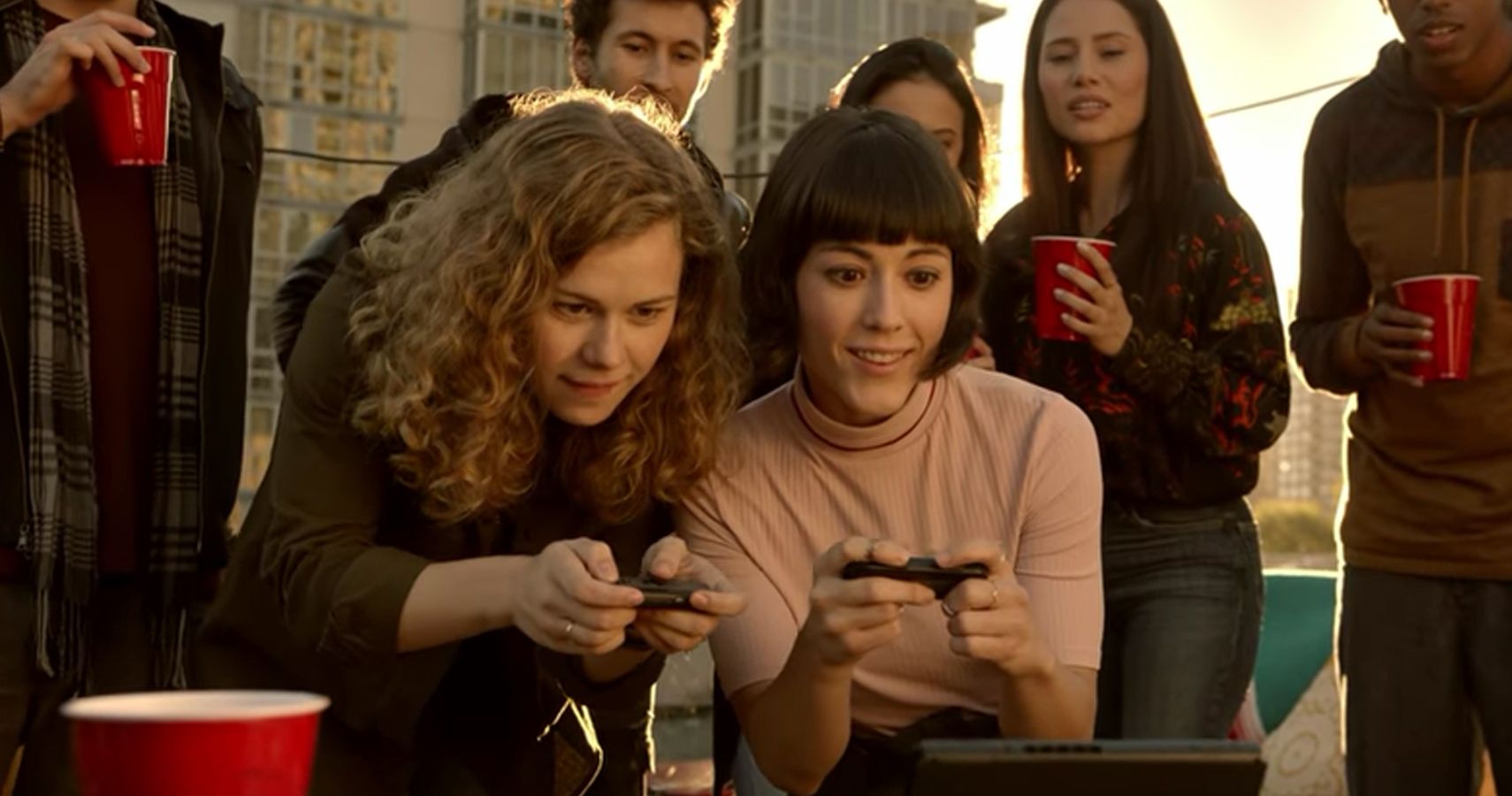This week, Sony has made it clear that they’re more than happy to walk to the beat of their own drum.
Hot off the heels of news that both Universal and Warner Bros. are skipping this year’s San Diego Comic-Con, Deadline reports that Sony will be pulling out of the event as well. But while Universal and Warner Bros. might come as a surprise to some, Sony’s decision feels practically par for the course at this point. The company has recently made major strides in changing their approach to engaging with fans, with the most noticeable one being their absence from this year’s E3.
Sony Is Skipping Events Despite Having Lots To Show Off
In lieu of attending the event, Sony instead focused their efforts on two State of Play videos. For those not in the loop, these bite-sized affairs showcased a series of upcoming games that were releasing sooner rather than later. The last one, for instance, debuted a new Predator game, showcased new MediEvil footage, and pulled the curtain back on Final Fantasy VII Remake to the public. These videos garnered instantaneous reactions from enthusiastic fans across different social media platforms.
What’s curious about the San Diego Comic-Con news, though, is that Sony really does have a lot of upcoming things to show off. Their film division alone has heavy hitters like Once Upon A Time In Hollywood, Zombieland: Double Tap, and The Grudge coming up within the year. And unlike their game division, there’s no programming focused solely on their upcoming spate of films. Comic-Con would be a perfect opportunity to show these movies off, to get the cast and crew out in front of an audience and get them excited for their upcoming projects.
In theory, that is. A company as large as Sony likely has their own rationale for skipping major events like E3 and Comic-Con, and that’s a rationale that the public can only speculate on. However, the answer to why Sony is taking this approach may very well lie in their 1990’s rival – Nintendo.
Sony Is Now Emulating Nintendo Directs
Seven years ago, Nintendo made the then-bold decision to pull out of E3. Foregoing the cost and resources of throwing a traditional press conference, they instead streamed a Nintendo Direct a few days prior to the event – effectively announcing the Wii U to the word. At the time, this was a decision that seemed baffling to the gaming public. Nintendo was shunning one of the biggest platforms for video games in the world for a short livestream, which seemed like a harbinger of bad things to come for the Big N.
Fast forward to 2019, and we now know that it was anything but. Nintendo Directs are now the law of the land, and are some of the most talked-about events in gaming each year. They’re full of big reveals and meme-worthy moments that fans are eager to immediately engage with online. They’re also firmly no-filler affairs, for the most part, with a square focus on soon-to-be-released software.
In addition to these Directs, Nintendo has also shown a willingness to put news out precisely the moment they’re ready to share it. It’s easy to forget that the Nintendo Switch was debuted early on the morning of October 16, 2016, with a three-minute video depicting the hardware’s capabilities randomly dropped to the public. That following January, they held a small livestream that showed off a whole spate of upcoming games for the platform – months ahead of E3. Both times, Nintendo was the talk of the town, dominating the video game news cycle for several days.
Nintendo essentially pioneered this low-cost, high-yield approach to marketing video games, and Sony, on a corporate level, might be looking at this success and realizing that this could be the future of the industry. Whether it’s debuting a Death Stranding trailer weeks ahead of E3, or giving the public their first taste of Final Fantasy VII Remake, Sony has now essentially cut out the middleman. They are in direct control of the information flow to consumers, and don’t need to rely on lengthy speeches or ritzy venues to show off their product anymore. Because of this, they also don’t have to worry about their news being drowned in a deluge of competition that naturally comes from a big platform like E3.
This also applies to their movie division, which could explain the lack of SDCC presence this year. It’s likely a less complicated affair to post a trailer and kick off a social media marketing blitz on a random Tuesday than it is to arrange an expensive, star-studded panel at one of pop culture’s biggest events. By doing things on their own time, and by relying on preexisting social media platforms, Sony is essentially exerting more control over their brand at a lower cost. Not only that, but they’re doing it at times when they’re sure nobody else will be around to take the wind out of their sails.
Whether or not this approach sticks remains to be seen, but both films and video games are industries in flux – rapidly changing to address different consumer expectations. With Sony deeply involved in both these industries, it makes sense for them to try and emulate a successful formula laid out seven years ago by their competition. By taking that control, by seizing specific moments, and by relying on consumers versus spokespeople, Sony seems to be taking a forward-thinking step into a brave new world of streamed content, curated videos, and social media buzz. Only time will tell, of course, if this approach pays off in the long run.



